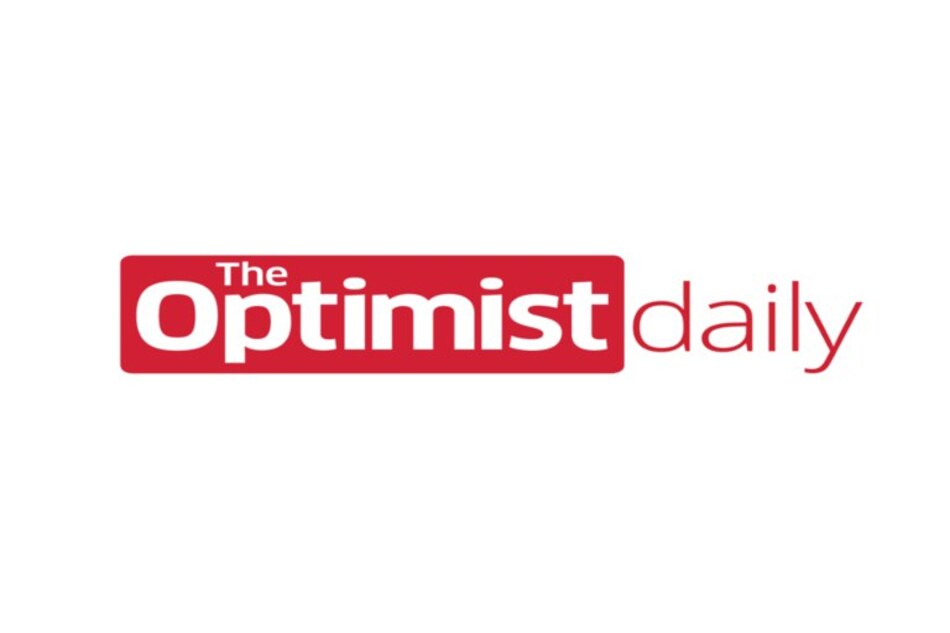When Boston moved funding from preschool programs to kindergarten programs in the 1990s, the decision of which students got to attend public preschools was left to a lottery system. By doing this, the city unknowingly provided data for one of the largest preschool research studies in existence.
Case study findings
A new analysis by the National Bureau of Economic Research investigated the effects of whether a student got a preschool education or not based on this large and randomized sample of Boston students. What they found provides a strong case for the funding of universal preschool.
Looking at the 4,000 4-year-olds who took part in Boston’s preschool lottery between 1997 and 2003, the researchers found that preschool has a huge effect on personal and academic outcomes. Children who won the preschool lottery had a high school graduation rate of 70 percent while those who did not have one of just 64 percent. Those who went to preschool also had an eight percent higher chance of attending college.
These substantial findings are the result of just a one-year program with half-day classes, so the researchers anticipate that the difference in student performance with a full-time two-year program would be even greater.
Emotional and social intelligence
What’s more, the personal growth and emotional maturity benefits were more pronounced than academic differences. The researchers found few differences in terms of test scores between those who attended preschool and those who did not, but the preschool advantages of higher emotional and social intelligence pushed those children to succeed at higher rates.
This unintentional preschool experiment is the most significant since The Perry Preschool Project of the 1960s and 70s which found that preschool programs for disadvantaged children had a return on investment of 7 to 10 percent per year.
Although there have been numerous preschool studies that correlate this extra educational experience with improved outcomes, it’s difficult to rule out whether students’ success was due to preschool or due to other structural advantages provided to them when their parents are socioeconomically able to afford private preschool.
This Boston study illustrates how even when all analyzed students come from similar backgrounds, those who receive preschool education still achieve at higher levels than their peers who begin school in kindergarten.
Source study: NBER – The long-term effects of universal preschool in Boston
Additional resources: Learning Policy Institute
This story is part of our ‘Best of 2021’ series highlighting our top solutions from the year. Today we’re featuring education solutions.










